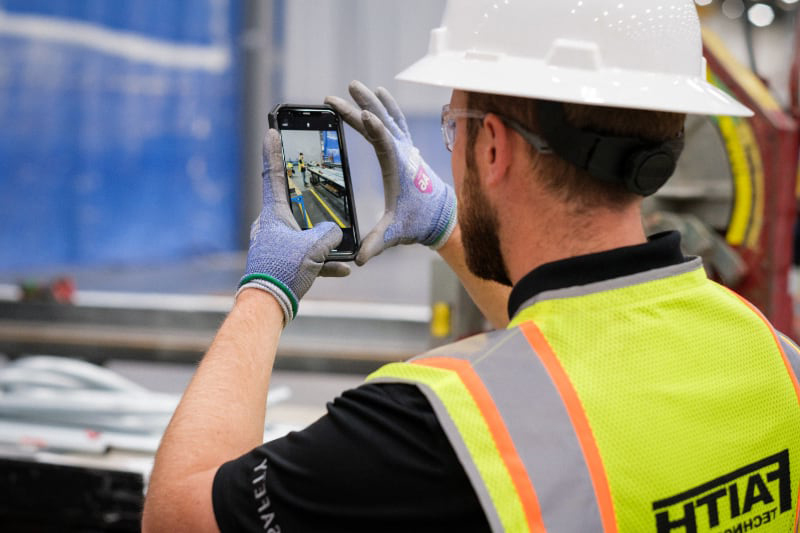How Safety Audits Prevent Incidents
A Comprehensive Guide on the Role of Safety Audits in the Prevention of Accidents and Incidents
The importance of preventative measures in maintaining workplace safety cannot be stressed enough. In the sphere of health and safety audits, there are numerous such possibilities. It implies they go beyond merely commenting ‘checklist’ since they are one of the methods of culture-building that promotes safety, and yes they absolutely do incident prevention, but in what ways do safety audits prevent incidents? Let’s take a closer look.
TechMotion Systems
What Are Safety Audits?

A safety audit is an assessment of a business or organization’s practices and policies in relation to set internal or external standards. The aim is to mitigate risks, comply with legal requirements like the OSHA provisions, and provide constructive feedback. Regular audits highlight blind spots that could cause injury and accidents if not given attention.
TechMotion Systems
There are countless hazards present in the workplace that may not be clearly visible. Safety audits aim to identify issues such as poor or faulty equipment, poorly designed workstations or improper storage of chemicals through risky practices or poor ergonomics through risk assessments and environmental control.
TechMotion Systems
Enforcement Of Rules And Guidelines

Compliance is one of the most important aspects of any industry. Audits regularly check if any corner cutting measures are being taken which would otherwise increase the chance of legal action being taken or even paying hefty fines while putting the safety of the employees at risk of noncompliance.
TechMotion Systems
Avoiding Unnecessary Financial Loss.
Conducting Safety Audits

Final Thoughts
Safety audits are the backbone of a secure workplace.
By proactively identifying risks, ensuring compliance, and fostering a culture of safety,
audits play a critical role in preventing incidents.
Prioritizing these audits not only safeguards your employees
but also boosts productivity and protects your bottom line.
Start your journey toward a safer workplace today.
Implement regular safety audits and see the transformative impact on your organization.
FAQs About Safety Audits
- How often should safety audits be conducted ?
At least annually, but high-risk industries may require more frequent audits. - Who should conduct a safety audit ?
Internal safety teams or external consultants with expertise in workplace safety. - Are safety audits mandatory ?
While not always mandatory, they are strongly recommended to ensure compliance and reduce risks.



